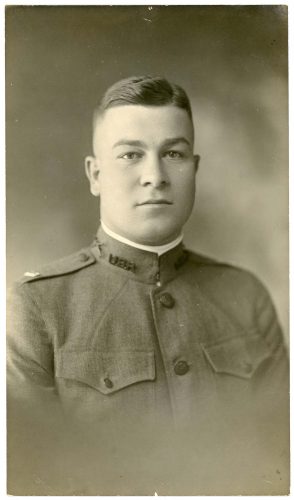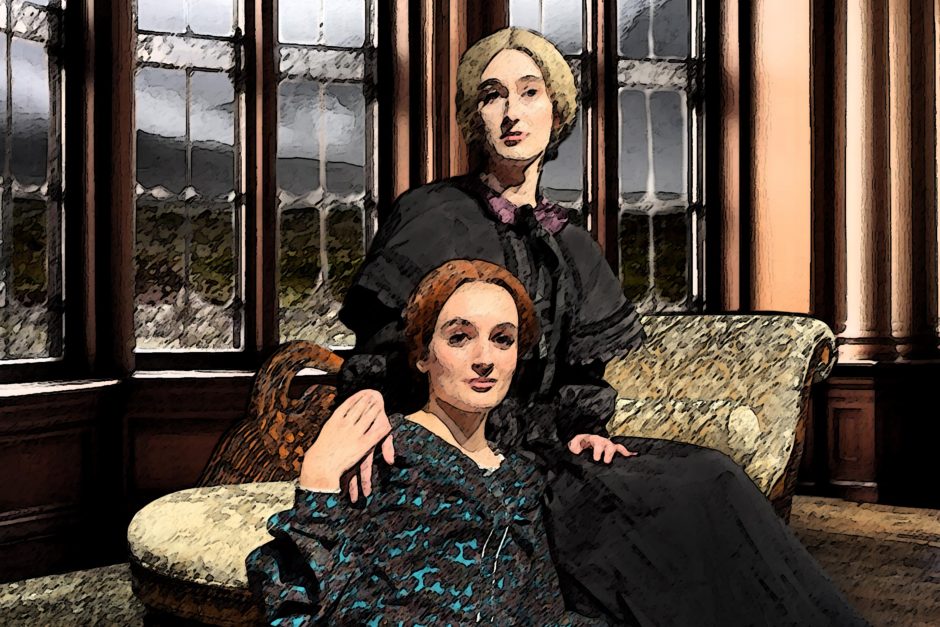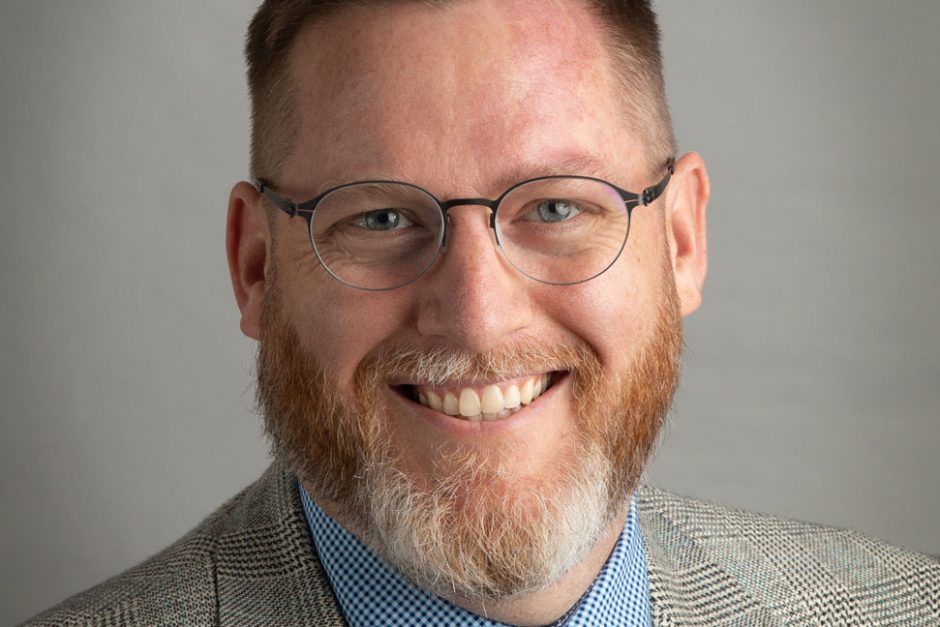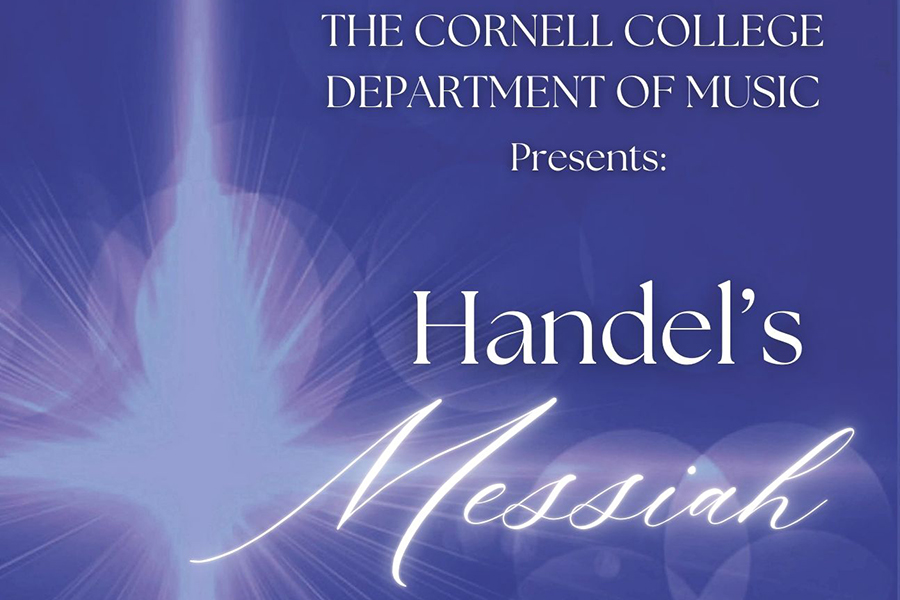Owls celebrate 100th anniversary

Homecoming 2017 was a milestone in Cornell social group history. The Owls (Beta Omicron) celebrated the 100th anniversary of their founding in 1917 by Roe Howard and a group of six friends. There were 150 people in attendance at the 100th Anniversary Dinner and even more at the Owl tailgating spot at the football game.
The weekend featured the Beta Omicron Distinguished Alumni Visitors Lecture by David Nygaard ’65, a global development and relief expert who has lead economic development initiatives in South and Central Asia, Eastern and Southern Africa, and the Middle East. The series has brought more than 30 accomplished alumni to campus to share their professional expertise and life journeys with Cornell students. Inspired by Lee Swanson ’60, the program is supported by an endowment provided by Beta Omicron alumni.
Jim Engelbrecht ’75 provided barbecue and beer before and during the game at his home in Mount Vernon and has agreed to continue the practice. All of the attendees found the celebration an opportunity to recommit themselves to their close friends and Cornell.
All in attendance agree that Roe Howard, Class of 1917, was an inspiration and represented the principles and vision for which the group was founded. Howard, a Mount Vernon native, represented the best of Cornell at the time: he was an all-state guard on the football team, member of the basketball and tennis teams, member of the Amphictyon Literary Society, and played French horn in the orchestra.
Being the first Cornellian to volunteer, Howard graduated early at a special ceremony by President Flint for young men who had answered the call to service in General John J. Pershing’s American Expeditionary Force.
He served with distinction after winning a commission as a first lieutenant. When awarded the Distinguished Service Cross, one of the military’s highest honors, he rejected the citation, saying he was not the man mentioned in the citation since he had been evacuated for wounds on the date given. He was evacuated only after receiving his third wound that day. Howard ultimately gave what Abraham Lincoln called “the last full measure of devotion,” his life, for his country. After his death the Army did an investigation and determined that, in fact, he was the person who performed the heroic act. His bravery was significant enough to be recognized in two histories of his 104th Infantry Division. His regiment was the first to be decorated by the Republic of France.
Some of his letters to his mother were printed in the Mount Vernon Record and kept the community and campus up to date on what was happening in France. His death shocked Cornell and a memorial service was held. Toppy Tull, who served as professor of English from 1917-1947, was so moved by the loss that he wrote a poem to memorialize Cornell’s fallen hero who served a cause “greater than himself.” He is remembered on campus with the Roe Howard Fitness Center located in the Thomas Commons, and the Roe Howard Freedom Lecture series.



